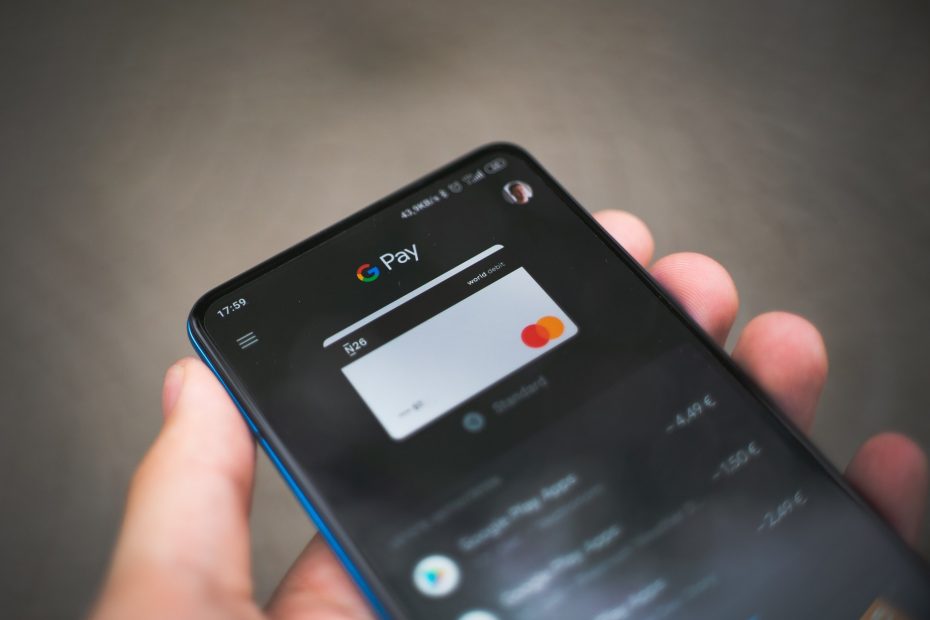Most small businesses believe that online payments are more suitable for bigger enterprises. However, this could not be further from the truth.
According to Digital Commerce 360’s analysis of the U.S. Department of Commerce, consumers spent $870.78 billion online in the U.S. in 2021. This was up 14.2% from the previous year. With this staggering growth in online retail sales, small businesses have just as much opportunity as their larger peers.
Although the numbers look promising, it may seem like a daunting task to implement online payment services for your business. In fact, according to B2B research firm Clutch. co, less than two-thirds of 64% of small businesses actually have a website.
One thing is certain, cybersecurity and payment technology have come a long way. The safety of transactions via online bill pay is better than ever. By transitioning your transactions to online systems, you are positioning your business to earn more and increase your payment security.
Online Bill Payments Defined
Online bill payments, also known as electronic payments, are any digital payments that are made with a debit or a credit card either online or by ACH. With online bill payments, businesses are able to both accept and manage payments electronically, without having to receive payments either in person or by mail.
Businesses can use a variety of methods to accept payments. They can either use mobile applications or online payment portals. By using either of these payment methods, customers need to simply go online in order to log into their account and pay the business directly on their website.
Offline Payment Methods VS Online Payment Methods
When it comes to offline payment methods, these are the types of payments that are carried out without the use of an online network. Some of these types of offline payment methods include in-person payments ( credit card payments made via physical POS systems), manual (interchanging checks or cash in person or by mail), or verbal (paying via telephone).
Online payment methods for small businesses include electronic payment platforms that accept credit cards, electronic wallets, and smart cards. Certain electronic payment platforms enable customers to store their credit cards in their system. This facilitates a quicker payment process now and for future transactions. Additional online payment methods include online banking transfers (via ACH), digital payment apps, and banking bill pay services.
The Challenges With Offline Payment Processing
Although it is straightforward, managing offline payments do come with certain drawbacks and risks. When it comes to physical payments, there could be a loss or damage that can come to paper checks, cash, or paperwork. If stores keep cash on hand, there is the risk of theft from employees or robbers from outside.
When it comes to managing offline payment processing, there is the human element of error. These manual errors are more likely to happen when counting cash or balancing the checkbooks. Record keeping can be rendered unreliable.
Credit card security is another issue that has been a problem for many companies as credit card breaches have increased in occurrence. Terminals used by small businesses are generally not as protected, relying on outdated technology and devices.
The Benefits Of Online Payment Processing
By using online bill pay, small businesses are protected because all payments are processed electronically. Therefore, there is no need to worry about missing paperwork, damage to cash or checks, robbery, or any other risks tied to having physical payments.
Managing and keeping track of online payments is easier since it creates a “clear record” that is easy to find. It also produces an online record of transactions.
Tools and resources abound for secure online payment methods. Payment gateway platforms are easy to set up and are both secure and user-friendly. Customers can do their part by utilizing robust passwords and having the most current anti-virus software.
The key for small businesses to make this transition successfully is to find a trustworthy and reputable payment system provider that prioritizes security for both the business and the customer. In order to meet all customers’ needs, it would be wise to utilize both offline and online payment solutions.
The Challenges For Online Bill Pay
Regardless of the type of business system you use, electronic payments do have some drawbacks. Here are just a few to look out for:
- Shopping cart abandonment: It’s just as easy for customers to leave their shopping cart without purchasing as it is to purchase directly on the website. The average rate of shopping cart abandonment is 69.57%.
To curb this trend, businesses must provide clear return and shipping information, send reminder emails to customers who have not completed their purchase, ease the checkout process, and provide effortless customer service via email, chat, or phone.
- Chargebacks: Although chargebacks are just the reality of doing business, their recurrence can eventually prove fatal to the bottom line, not to mention their reputation. If the customer does not receive their purchase, they are unsatisfied with their order, or if there is fraudulent activity, this can all lead to a chargeback.
To prevent chargebacks, use package tracking and delivery confirmation. Offer product descriptions that are clear and detailed. Provide customer reviews. All these measures will set the right expectations for customers.
- Fraud: More online spending means more opportunities for fraud. Security technology such as AVS validates the identity of the cardholder by checking the cardholder’s billing address with the card issuer. Using tokenization and encryption technologies also safeguards against the theft of sensitive card data.
Get Started With Online Bill Pay Today
Implementing online bill pay for your small business does not need to be complicated. You simply need to get familiar with the various online payment methods that exist that your customers are likely to use. It is also a good idea to find a payment service provider that you can partner up with to process your payments securely.

